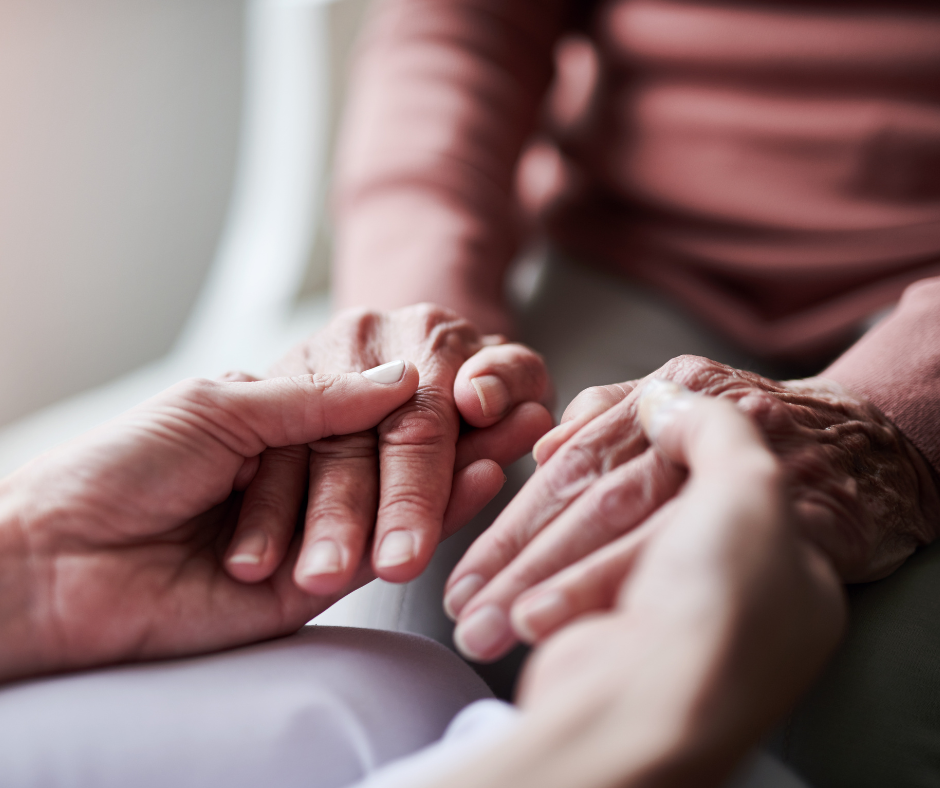
.png)
We all know someone who’s been through it — a mate, a colleague, a family member. I too, have had cancer in my own journey and continue to do so (see my story here). Cancer doesn’t discriminate, and while medical advances have come a long way, the journey still hits hard. Not just emotionally, but financially too.
Here in Aotearoa, we’re lucky to have a public health system that does a lot of good. But after covid, it’s become super stretched. And when it comes to diagnosing and treating cancer, timing is everything. Delays in diagnosis or treatment can change outcomes.
And then there’s the cost.
Some of the most effective treatments aren’t publicly funded. They’re not on Pharmac’s list, or they’re only partially covered. That means people are left to fundraise, dip into savings, or go without. It’s heartbreaking, and it’s happening more than we’d like to admit.
Take Amanda Broughton, for example. She’s paying over $100,000 for a course of Keytruda to treat her breast cancer — and that includes more than $1,000 in GST every three weeks. That’s a tax on survival. It’s a small part of the total cost, sure, but it’s a sharp reminder of how even the little things add up when you’re already under pressure.
This blog isn’t about debating tax policy. It’s about facing the reality of what cancer can cost — and what you can do now to protect yourself and your family if the unthinkable happens.

Compared to many countries in the OECD, New Zealand’s health system stacks up pretty well. But it’s under pressure. And when you’re dealing with something as serious as cancer, delays or gaps in treatment can be life-changing.
The truth is, not all cancer drugs or treatments are funded. Some haven’t made it onto Pharmac’s list. Others are only available privately or offshore. That leaves patients and their families to carry the cost — and it’s not cheap.
Thanks to platforms like Givealittle, some people get the support they need. But relying on crowdfunding to access life-saving treatment? That’s not a system. That’s a last resort.
Let’s talk about GST. Cancer treatment drugs that are not publicly funded are subject to the standard 15% Goods and Services Tax (GST). This applies even when the medication is essential for survival and self-funded by patients. For example:
Amanda Broughton, a Wellington woman with stage 3C breast cancer, pays $8,485 every three weeks for the drug Keytruda — with $1,106 of that being GST
Merv Williams, a Whangārei man undergoing targeted therapy for lung cancer, is paying over $25,000 in GST alone across a three-year treatment course.
Now, GST might seem like a small slice of the pie, but when the pie costs six figures, that slice stings. It’s not the biggest cost, but it’s one of those things that makes you stop and think — should we really be taxing people who are fighting for their lives?
It’s one of those things that makes you stop and think — should we really be taxing people who are fighting for their lives?

This isn’t about fear mongering— it’s about being financially prepared for a disease that is the leading cause of death in New Zealand. There are ways to protect yourself financially if cancer ever comes knocking. Here are a few options worth looking into:
Covers a chunk of your medical bills — surgeries, hospital stays, some medications. But be aware: not all policies cover non-Pharmac drugs. Cover for these drugs can often be added as a policy add-on.
Pays out a lump sum if you’re diagnosed with cancer. You can use it for treatment, bills, or whatever you need. It’s a good buffer when the unexpected hits.
If you can’t work during treatment, this helps keep the bills paid and the lights on.
Covers your mortgage if you’re off work due to illness. Some policies even have a disability extension — handy if treatment drags on.
In terminal cases, some policies pay out early. That money can go toward treatment or supporting your whānau.
Some providers offer cancer-specific cover. Southern Cross, for example, has Cancer Cover Plus, which boosts your chemo cover significantly.
.png)
According to a 2023 study by the University of Otago and the Cancer Society of New Zealand, an estimated 30–50% of cancer cases in Aotearoa are preventable. Poor diet, excess body weight, alcohol consumption, tobacco use and sun exposure are the biggest contributing factors. The same Otago study found that while many New Zealanders are aware of smoking and sun exposure as cancer risks, awareness of alcohol and dietary risks remains low.
(Backed by WHO, Cancer Society NZ, and Health NZ)
Understand your family history. Get checked. Don’t fall into the “she’ll be right” mindset.

No one wants to think about cancer. But the reality is, it touches more lives than we’d like. And while we can’t always control the diagnosis, we can control how prepared we are.
So have the kōrero. Talk to someone you trust — your adviser, your partner, your whānau. Understand your family history. Get checked. Don’t fall into the “she’ll be right” mindset. Because sometimes, it won’t be.
And if you’re not sure where to start, we’re here to help.
Book here for a health, income and other personal insurance consultation with our team today
Dean.
Hi everyone! My name is Dean, and I am Financial Adviser and coach. I work with people to help them to achieve their financial goals and assist them to make smarter financial decisions. Drop me a line for a chat and to work through your goals. I work with you to become financially fit and together we create a game plan for your financial future. D.
Disclaimer: Dean Blair (FSP87402) is a Financial Adviser with Velocity Financial (FSP95466). No financial decision should be taken based on the information in this blog alone. Please see our disclosure statement on our website.
Always get professional advice
The information shared in this post is meant to be general guide to support you on your journey. When making important decisions about your finances, we encourage you to seek independent financial advice first, tailored to your unique situation. As well as talking with a financial adviser, make sure you talk to your lawyer and accountant too – together they'll help you find the best solution for your specific situation. Our knowledgeable financial advisers are here to help. Check out our website for the details about our financial advisory services in our disclosures:
https://www.velocityfinancial.co.nz/disclosure-statement.